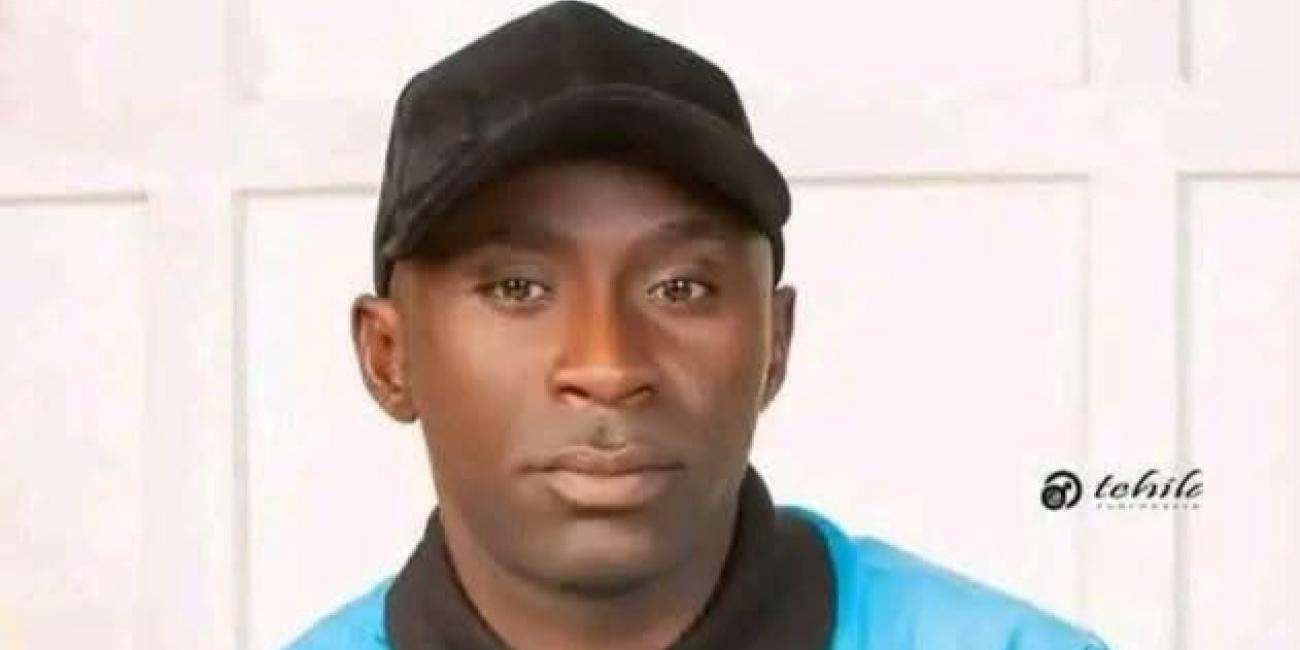Crime & Law
Tension in Southern Kaduna as bandits abduct councillor

A serving councillor in Southern Kaduna, David Gwantu, has been abducted by suspected bandits, further heightening tension in a region already reeling from recent violence.
Gwantu, who represents Gwantu Ward in Sanga Local Government Area, was taken from his home in the early hours of Friday. According to reports, the assailants stormed his residence in Gwantu town shortly after midnight and dragged him away in front of his family members.
The abduction comes just days after seven victims of last week’s deadly attack in Southern Kaduna—mostly children—were buried in Unguwan Rimi village, Kauru Local Government Area, on Saturday, August 29.“They were laid to rest in their community by their families, religious leaders, and others,” a community source told SaharaReporters’ New York office via WhatsApp on Sunday.
READ ALSO:DSS, police mobilize operatives to Bwari-Kaduna road over sighting of bandits
The killings occurred last Sunday night into Monday, when heavily armed attackers invaded the area, leaving seven people dead. Multiple sources confirmed that while many adults managed to flee, several minors were not as fortunate.
In a separate incident last Tuesday, bandits were also reported to have attacked Kokob-Bajaga village in Kajuru Local Government Area.
These renewed attacks cast doubt on the much-publicized peace accord between the Kaduna State government and notorious bandit leaders. The initiative, branded the “Kaduna Model,” was launched as a comprehensive approach to end the cycle of violence through direct engagement, disarmament, and reintegration.
The agreement reportedly convinced several warlords, including figures like Yellow Jambros and Dogo Gide—accused of mass killings, kidnappings, and extortion—to lay down their arms. Officials claim that about 200 fighters surrendered, with some even enrolling in rehabilitation programs.
The state government also pointed to the reopening of previously unsafe roads, such as the Kaduna–Birnin Gwari highway, as evidence of progress, saying displaced villagers had begun returning to their communities.
However, critics argue that the deal lacks transparency and excludes victims’ voices. Religious leaders and other stakeholders have also questioned the morality of negotiating with men accused of terrorizing rural communities.
The move represents a sharp shift from the earlier stance of the Northwest Governors Forum, which had vowed not to enter talks with criminal groups.
Governor Uba Sani has defended the initiative as a “carrot-and-stick” strategy, stressing that dialogue is necessary but must be pursued from a position of strength.
(SAHARAREPORTERS)

























